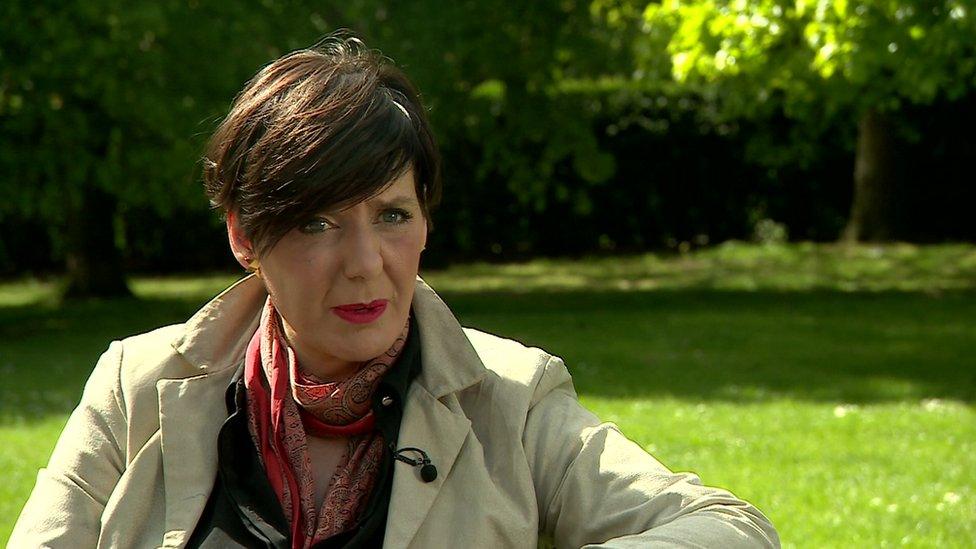The bereaved parents losing up to £100,000 in benefits
- Published
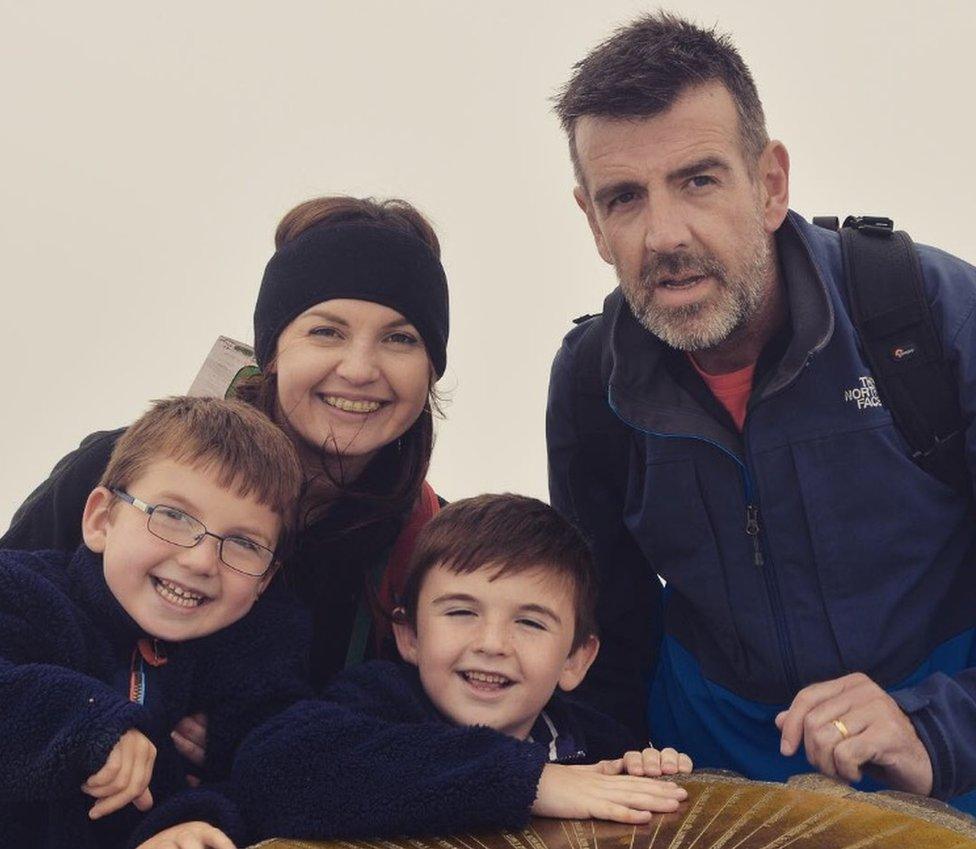
Becky Williams says knowing Irfon was terminally ill caused the family a lot of stress
Some 3,500 people with children have qualified for the new bereavement support payment after the death of their partner, new figures show.
Under the system, some are losing as much as £100,000 over time compared to its predecessor.
Children who have lost a parent may not get the emotional support they need because of changes to the bereavement benefits their families receive, a bereavement task force has said.
We meet two mothers worried about what will happen when their benefits run out.
"When we knew Irfon was terminally ill, we didn't talk about what it would be like at the end," Becky Williams tells the BBC's Victoria Derbyshire programme.
She lives with her two young boys in Bangor. Her husband, Irfon - a children's mental health nurse, like her - died in May 2017 after years of battling cancer.
"We lived with a lot of stress, knowing that he was terminally ill and that one day he wasn't going to recover," she adds.
"You feel like it's happening to someone else, not you. And just seeing the children was really difficult," she says, breaking into tears.
Knowing Irfon was going to die meant that Becky had to contemplate life without him by her side.
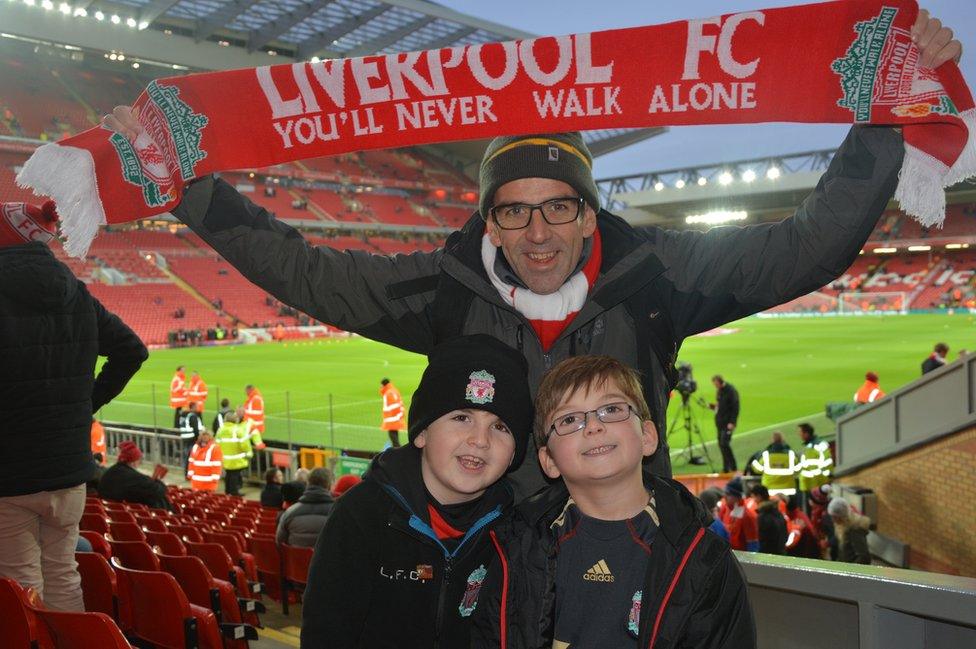
But one thing that did give her peace of mind, she says, was knowing that she would be supported in bringing up her children by bereavement benefits.
She expected to receive a widowed parent's allowance - which consisted of £2,000 up front, plus a payment of up to £470 each month for up to 20 years, based on National Insurance contributions.
But last year this was replaced by the bereavement support payment. This meant Becky was given £3,500 up front, but that her monthly payments of £350 would stop after 18 months.
The new system applies only to those who have lost a husband, wife or civil partner.
The government said the old system acted like a trap that prevented bereaved parents adjusting to single life, but it is an idea Becky rejects.
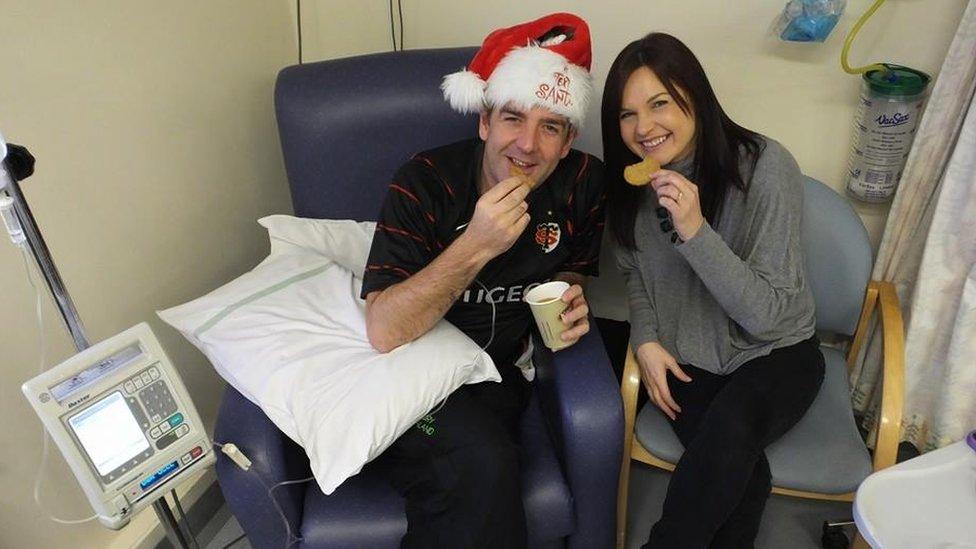
Irfon died in May 2017 from bowel cancer
She says in six months' time, when the support payments stop, her family will still be grieving, but the strain on her finances will mean she won't be able to give her children the time and support she feels they need.
Vicky Anning, from charity Widowed and Young (Way), says she knows of bereaved parents who - without the financial "cushion" the old benefits system would have provided - will have to do two or three jobs, "when a child should be spending quality time with their remaining parent".
She adds: "The government always said the changes to the system were not a cost-cutting exercise, but it's hard to see that it was anything but that."
The charity is part of the Life Matters task force, a group of charities and experts which were angered by last year's changes to the bereavement system and have been working together to help those affected.
It claims the new system has made an "already distressing situation even worse", with many families said to be "incredibly distraught" about their finances.
The Department for Work and Pensions said the new bereavement support payment "restores fairness to the system and focuses support during the 18-month period after a loved-one dies, when someone may need it most".
"It is also easier to claim, tax-free and does not affect entitlement to other benefits, helping those on the lowest incomes the most."
Conservative MP Philip Dunne told the Victoria Derbyshire programme it was also a way to encourage the parent to "continue in work wherever possible".
He doubted that there was "widespread concern", saying none of his constituents in Ludlow had contacted him.
'Kind of laughable'
Some 3,500 people with dependent children have qualified for the new bereavement support payment between April 2017 and January 2018, a Freedom of Information request by the programme has found.
One of those is Chloe Leaper, whose partner, Matt, died from bone cancer, aged 39, in May last year.
She lives with her 19-month-old daughter, Thea.
Even while still receiving the benefits, she has been unable to afford to stay in the family home, and has moved into a room in Matt's parents' house.
"The impact is kind of unfathomable," she says, "I don't think my brain lets me think about it.
"I have lost our life together as we had it. All I have is the pictures on the wall.
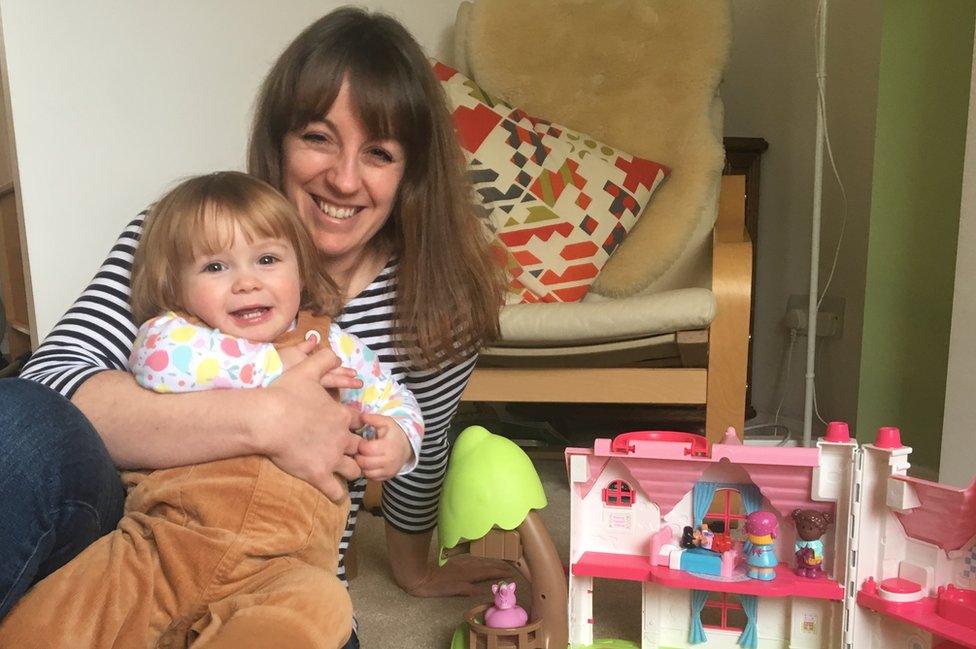
Chloe Leaper worries how she will support her daughter Thea after the monthly payments end
"I have gone from being a wife to a wonderful husband to being a mother and living with my in-laws."
She describes the new benefits system as "kind of laughable".
"I was so pleased Matt didn't know [they wouldn't receive the widowed parent's allowance] because he had always paid his National Insurance - and he thought that was what we would be on until she was 18.
"It's not about me, it's about supporting Thea."
'Arbitrary time'
Chloe describes the new system as a "very cynical government decision", saying it affects "the people who can do the least about it - because we have just lost our partners".
She adds: "We are trying to rebuild our lives, and I don't know how Thea is going to react when she realises she has no father. And that will affect her at different points in her life - and how much time I will need to take off work to deal with that."
She adds, sarcastically: "It's great to know that in 18 months I will be over my grieving and be able to go back to work full-time.
"It's such a random, arbitrary time. It sounds long enough for people to go, 'Oh yes, that's long enough'.
"But when you are actually in the situation, it's not."
Watch the BBC's Victoria Derbyshire programme on weekdays between 09:00 and 11:00 on BBC Two and the BBC News Channel.
- Published6 April 2017
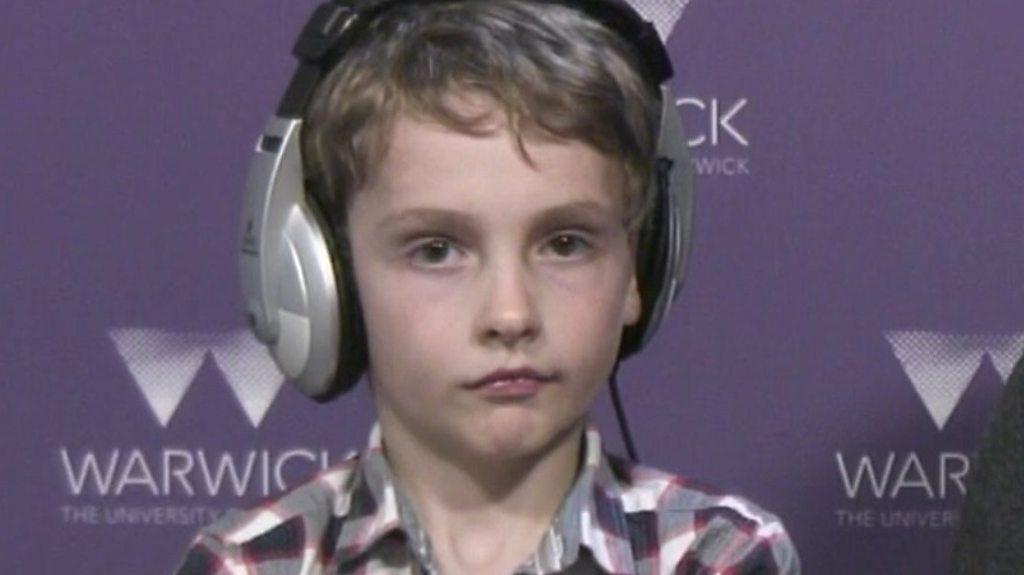
- Published27 March 2017
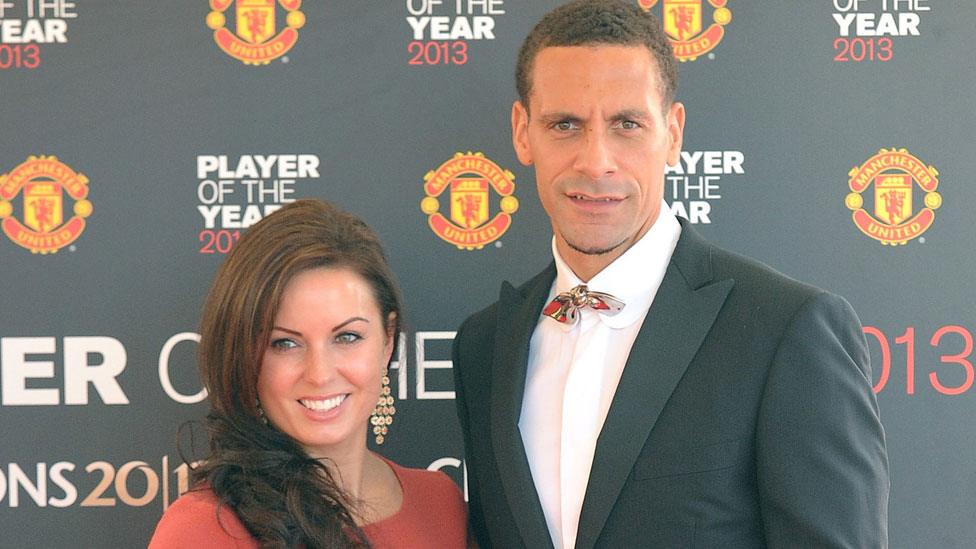
- Published24 April 2017
